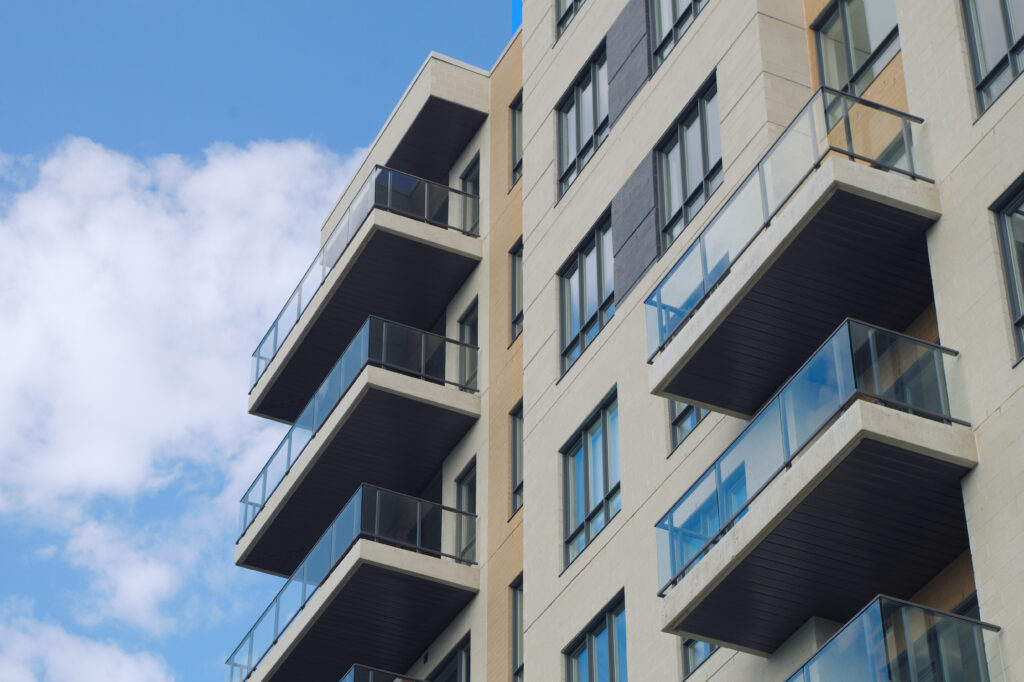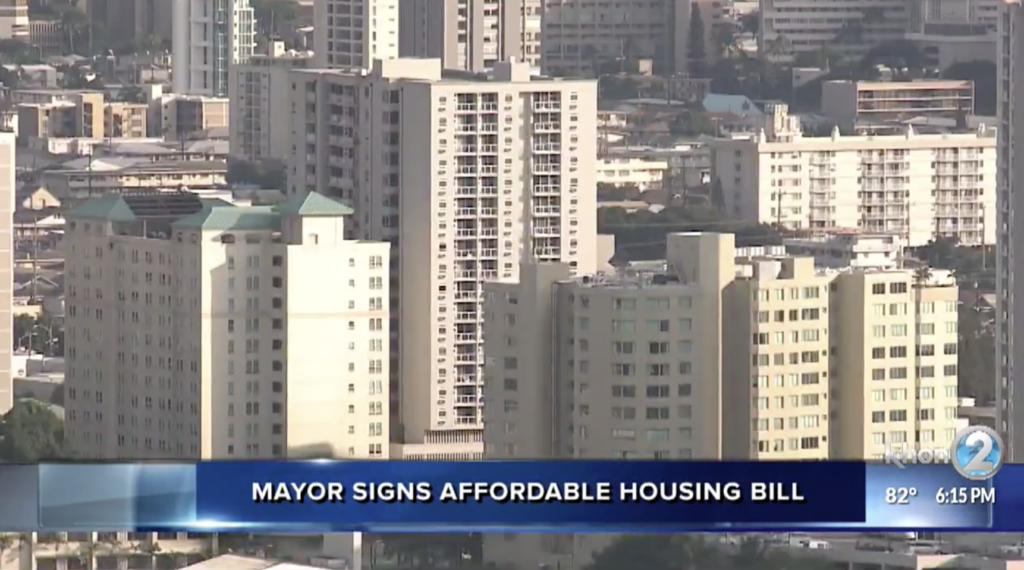The state of Hawaii does not have any legal framework surrounding rent control. The state neither preempts nor promotes local municipalities from implementing rent control.
It is imperative that preemption be introduced and passed to protect citizens from the ramifications of rent control.







